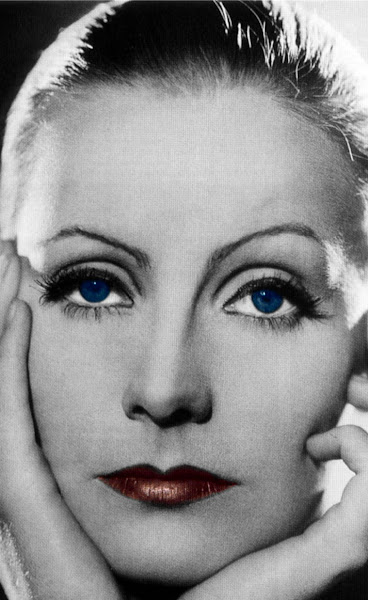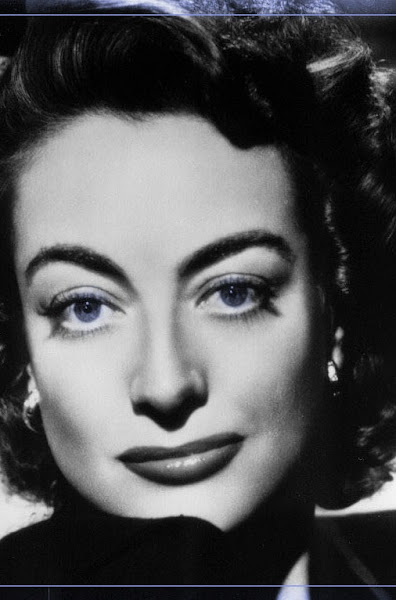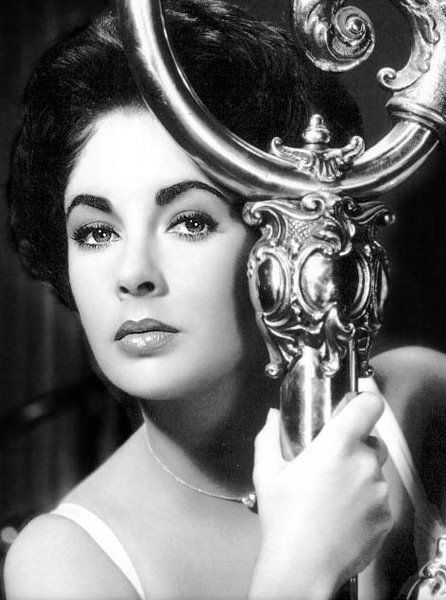
Leaving work last night, I walked by three African-American women who were loudly complaining about someone who "hasn't made a black movie since... since 'Glory'!" They all started laughing, and then one of the women chipped in, "Well, maybe 'Hurricane'!" I figured out then that they were talking about Denzel Washington, and I was flabbergasted by their contention. Denzel? Really? What about 1992's critically-acclaimed "Malcolm X," where he played the controversial 60's black leader? Or his departure with 2001's "Training Day," where he applies a form of African-American gender-stereotyped hypermasculinity to the role of rogue cop? I could not understand where these ladies were coming from, and I still do not. In fact, it made me realize... Is a battle between white and black representation in cinema coming to the surface now with our changing political climate (think Obama)? Or has it already been here? What are the real politics of black and white cinema, and what determines the qualities of either?
A good case study would be last month's bitter battle between acclaimed Hollywood directors Clint Eastwood and Spike Lee. Martin Wainwright for Britain's The Guardian wrote a well-written, detailed article explaining the feud. Spike Lee, provoked by an interview question, spoke out against Clint Eastwood's last two directorial endeavors. He did two films about Iwo Jima back to back and there was not one black soldier in both of those films. Many veterans, African-Americans, who survived that war are upset at Clint Eastwood. In his [all-white?] vision of Iwo Jima, Negro soldiers did not exist. Simple as that. I have a different version.
Of course a man like Eastwood would never take criticism like that laying down, so he put in his two cents when he heard Lee's opinion. The story is "Flags of Our Fathers," the famous flag-raising picture, and they didn't do that. If I go ahead and put an African-American actor in there, people'd go: 'This guy's lost his mind.' I mean, it's not accurate. A guy like him should shut his face.
To ABCNews.com, Lee rolled with the punch, continuing to disagree: First of all, the man is not my father and we're not on a plantation either. He's a great director. He makes his films, I make my films. The thing about it though, I didn't personally attack him. And a comment like 'a guy like that should shut his face' -- come on Clint, come on. He sounds like an angry old [white?] man right there.
He went on to discuss his own knowledge of history and the misfortune of how Hollywood has ignored the great number of African-Americans who participated in WWII. I applied all of the "[white]" parentheticals to the quotes myself because I wanted to point out how easily they could be derived from the context of the argument. Even here in this argument, we have men of two racial backgrounds attacking each other for representation in cinema. When is a film black enough? When is a film too white? Why did Spike Lee care so much about Eastwood's Iwo Jima films (could you even imagine an African-American person in "Letters"???)?
Cinemaretro.com tried to weigh the arguments in perspective and came up with this conclusion: The U.S. military was still segregated in those days and black troops were not officially counted among combat units at the bloody battle, which U.S. military brass had assumed would be a cakewalk. Black units were supposed to provide logistical support behind-the-scenes. However, when the battle began to intensify and the U.S. forces were bogged down and suffering heavy casualties, black troops stepped forward and performed heroically in combat roles. Thus, Lee is correct in pointing out that Eastwood might have included some reference to these soldiers. However, in terms of the percentage of troops that fought at the battle, the estimated 900 black soldiers represented a tiny fraction of the fighting force, thus giving Eastwood's point of reference credibility in that he was focusing on the big picture (specifically the controversy surrounding the men who were credited with raising the U.S. flag at the battle and those who ended up getting the credit for it.)
Nashville City Paper's own Ron Wynn explained in his article that:Spike Lee did not randomly attack Clint Eastwood or just suddenly launch a diatribe attacking Eastwood’s films, particularly "Flags of Our Fathers," for omitting black characters. He responded to a specific question a reporter asked at the press conference for his forthcoming production "Miracle at St. Anna."
Wynn counters that blogs have neglected the reason for Lee's opinion, I suppose giving it more shock value and making it appear like Lee wants to spark a vicious (racial) argument against another respected director. In addition, Wynn questions "Flags" detractors, explaining:There were two instances featuring black soldiers. One was in an early cutaway shot, the second in a photograph used during the credits. While that’s far from having principal characters, those who are hollering about historical accuracy regarding Eastwood’s film might want to check their own recollections about "Flag of My Fathers."
I think it is fascinating that Wynn concludes his article by purporting that the real problem at hand is "the sickening lack of thematic variety and quality in what’s deemed black cinema." I think Wynn might just have a point and may have prompted the subject of a blog for another day.
The real question at hand here, though, is why do only African-Americans care about their own misrepresentation in film, as opposed to white people caring, too? Why did those women last night care so much that Denzel was not black enough? Why did Spike Lee care enough to speak out against Clint Eastwood's films? These are all questions that could spark quite a lengthy essay. I just think it is a question worth thinking about.
July 26, 2008
Random Musing: Black and White
Labels:
random musings
Subscribe to:
Post Comments (Atom)

.jpg)

.jpg)
.jpg)

2 comments:
Great post, ben. That was really thought-provoking and intelligent coverage of the issue at hand. Personally, I see both sides of the issue, but I lean slightly more with Spike: Clint could've have had some representation of black heroism during WWII or could've had a character remark on the lack of black soldiers or something. The way he presented it, it was as if black people simply didn't exist, even in America.
-Brendan A.
I think what it really boils down to is the fact that we are STILL letting race divide us. It was Eastwood's movie and he can make it any way he pleases - the same for Lee. These are FILMS, not real life. Yes, most times they try for as real of a representation as possible, but in the end, that is all it is: a re-presentation of it. Not truth, not documentary. I would applaud Spike Lee if he wished to make a movie about the Blacks who fought in such-and-such a war. It seems to me that people go way out of their way to look for racial divides. Did Lee seriously sit there the entire movie wondering "where's MY race?" Because if he did, shame on him for not progressing culturally. I'm not saying that Eastwood should have excluded ANY race, but I feel like a Latino or hell, an Irish man, or a German, could say the same thing. "All you did was use Americans! My grandfather came over, right off the boat, and fought for America. Where's MY accent? Where's MY race?"
I don't mean to be insensitive, but until we stop trying to notice and widen the divide, it will remain.
Post a Comment